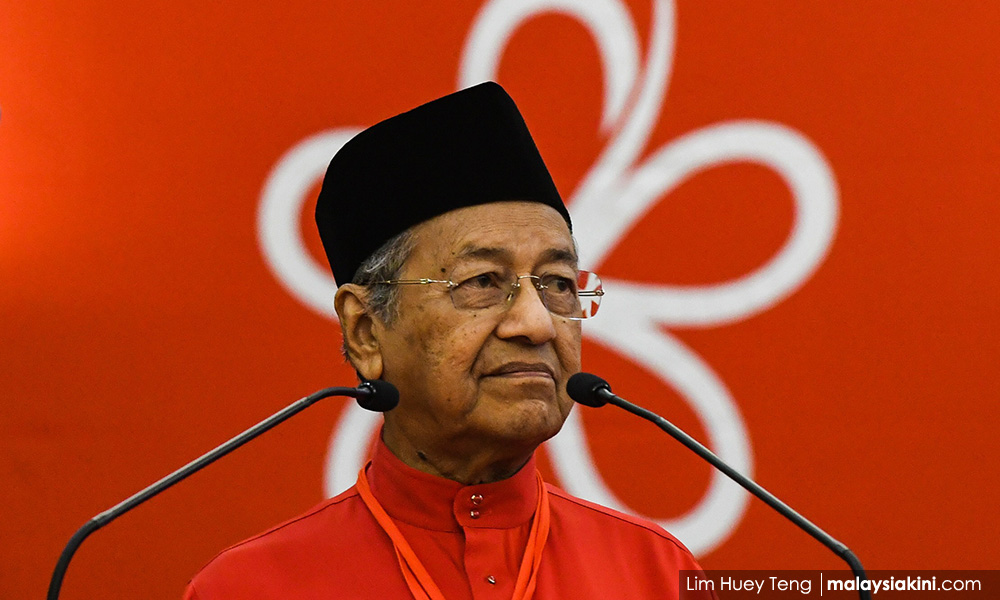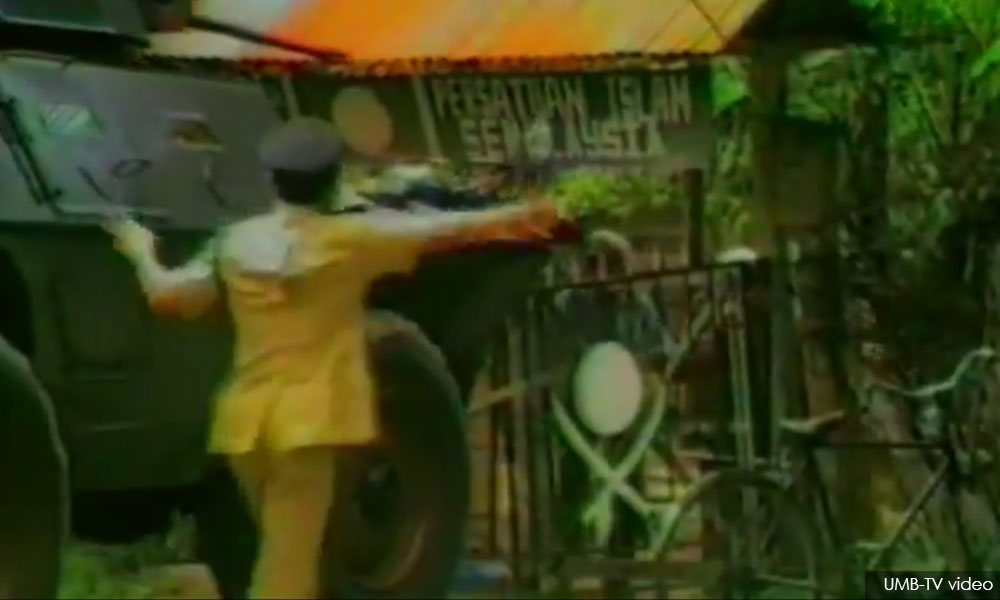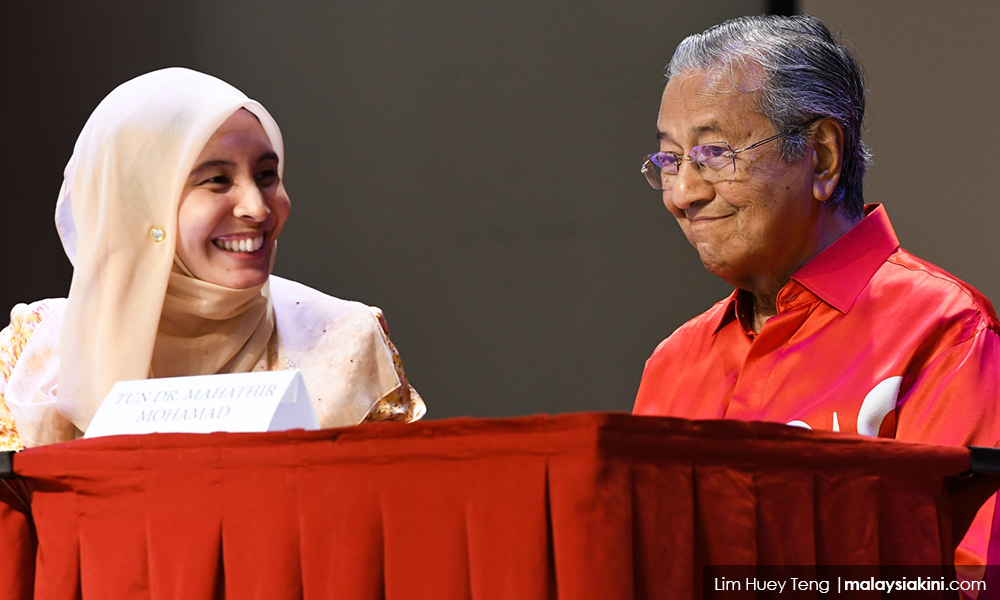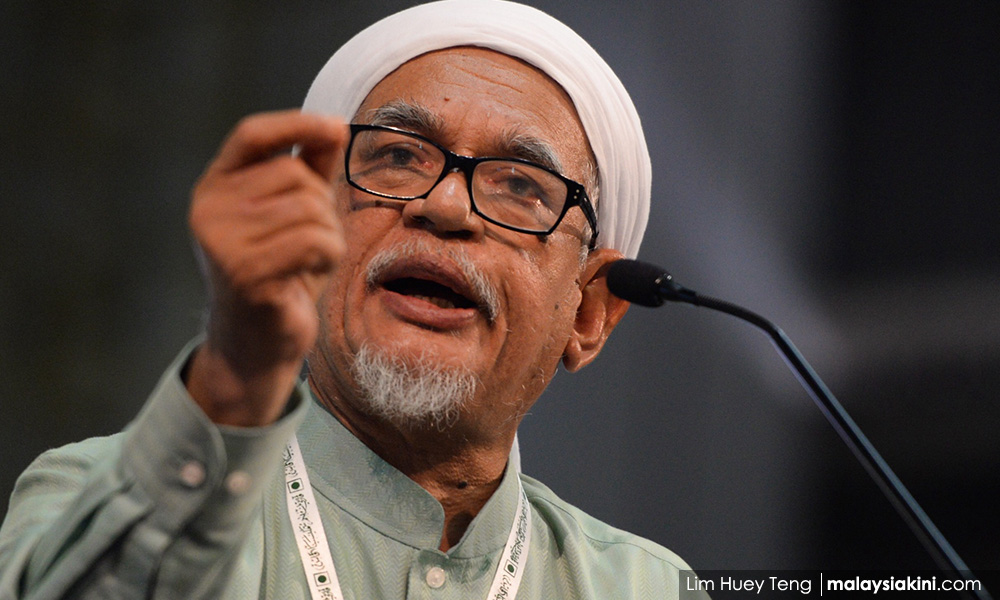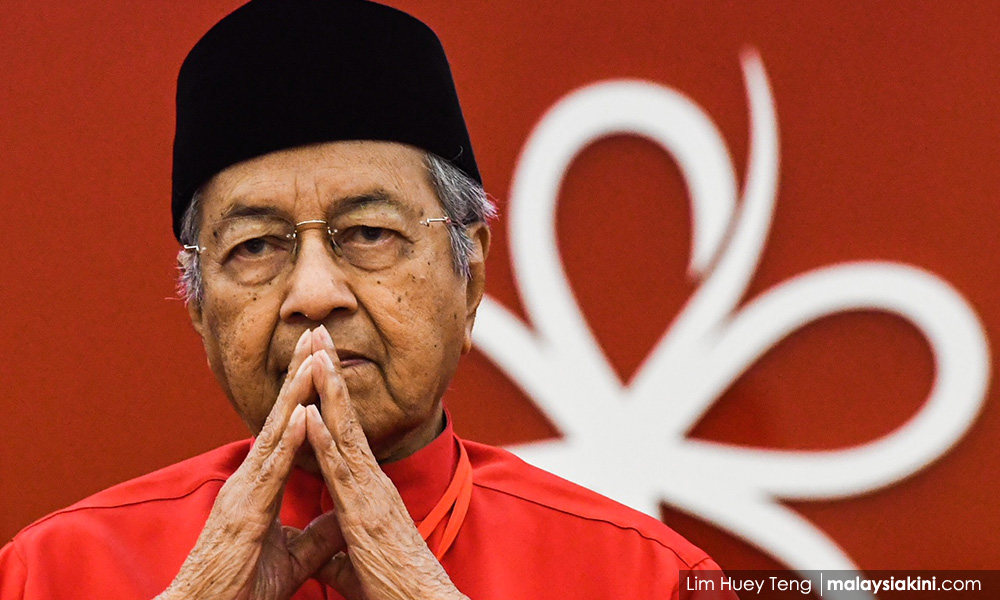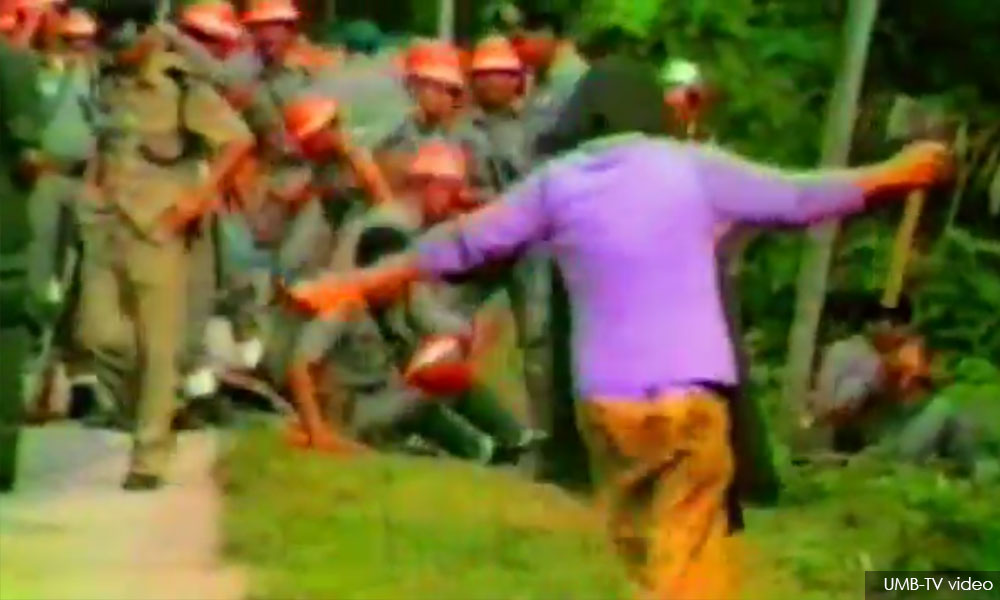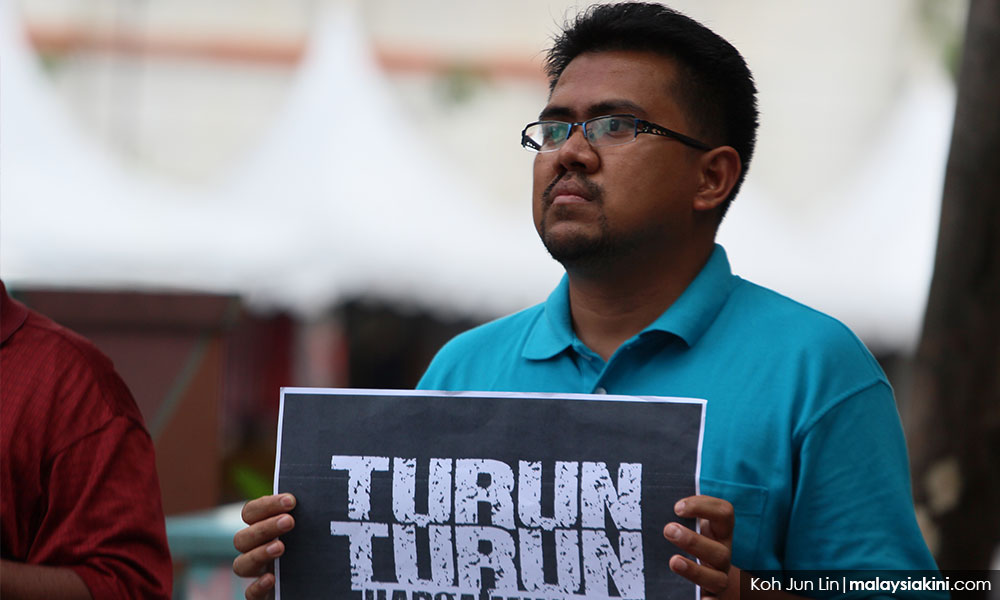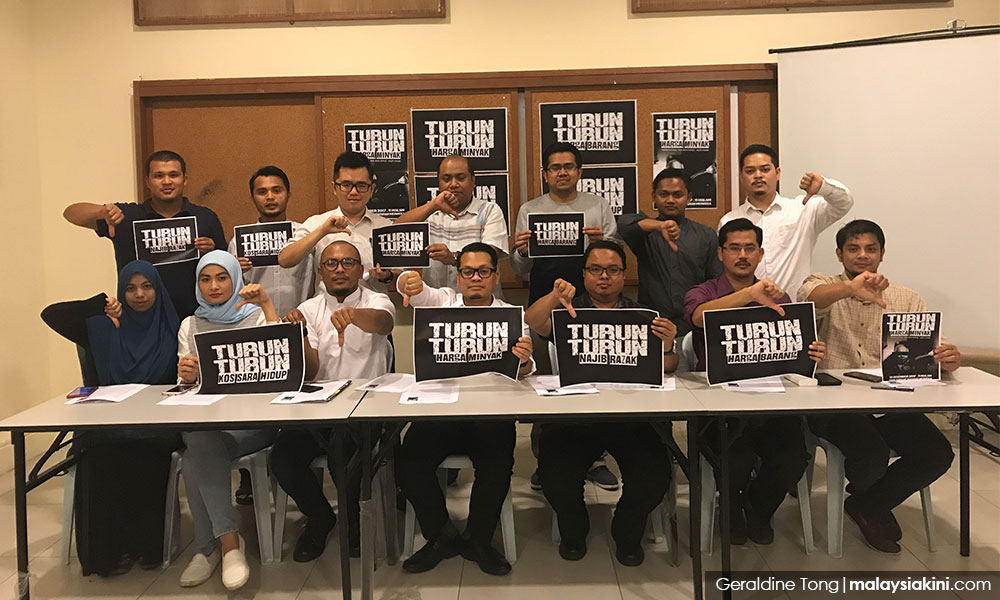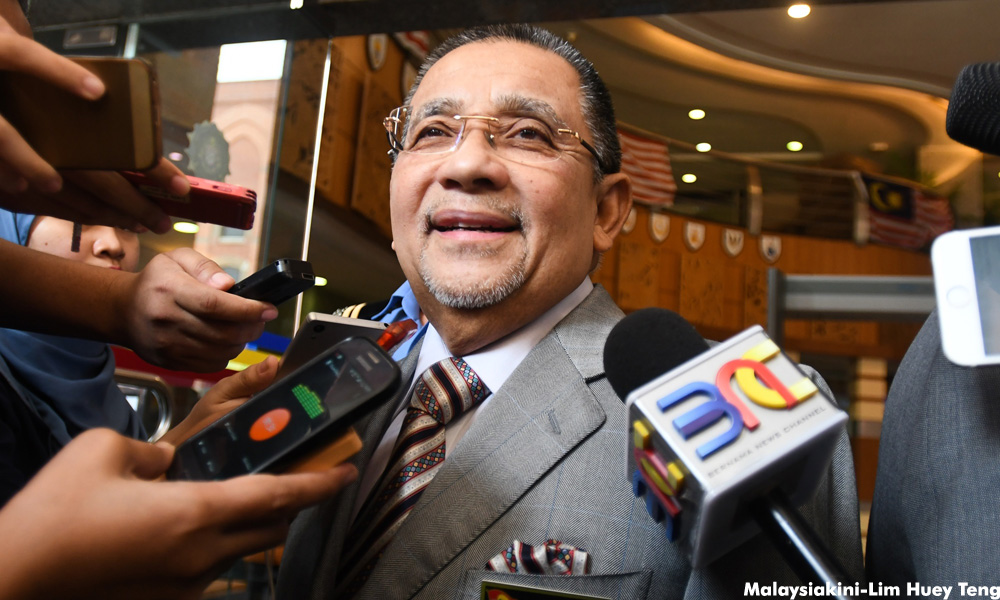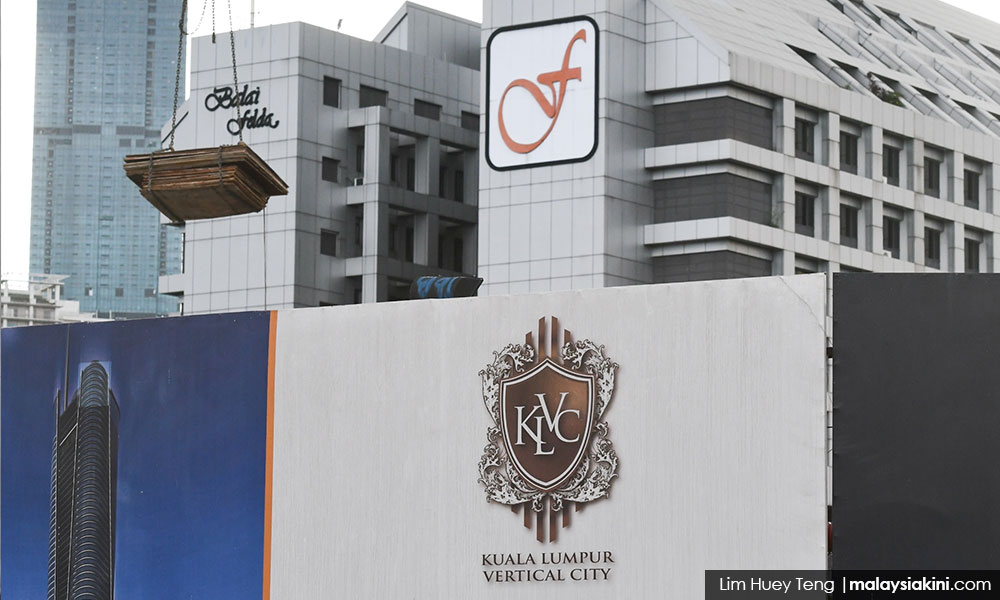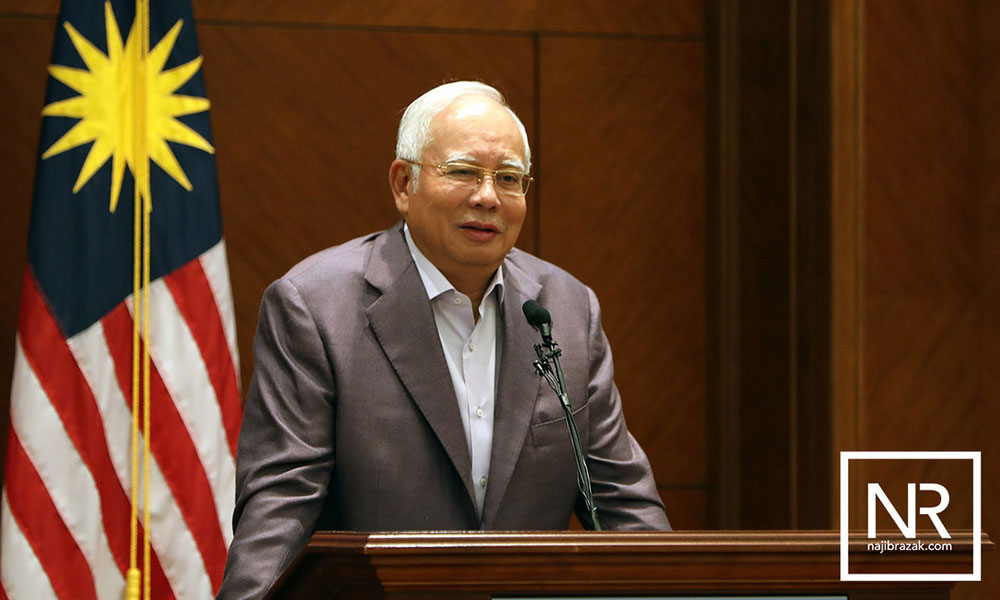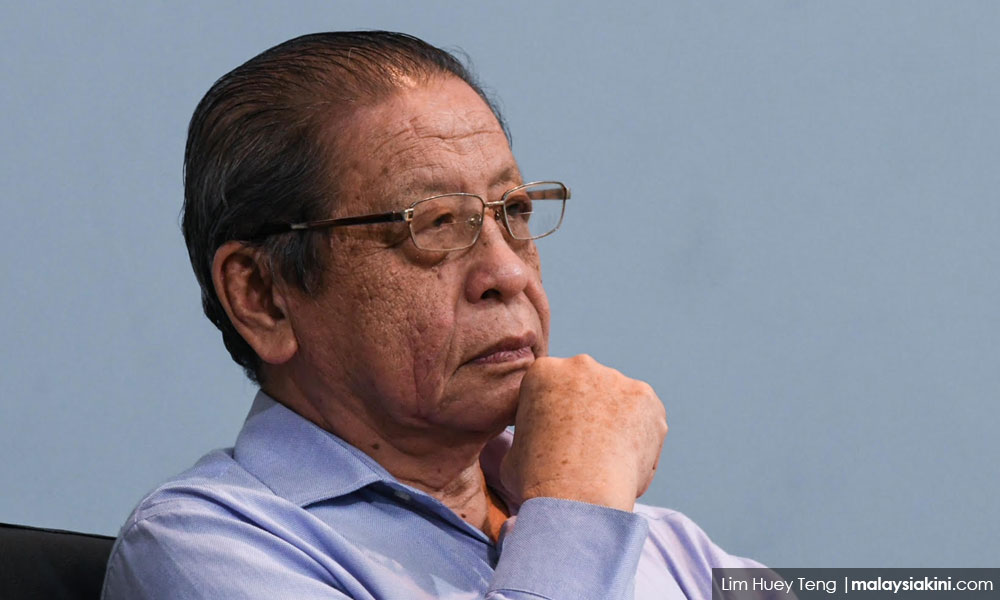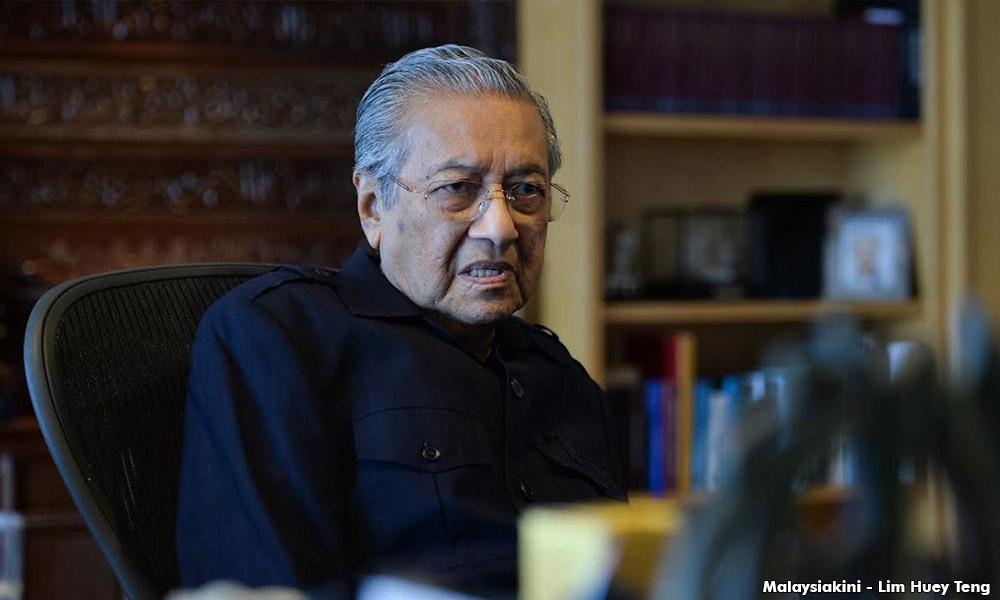DR Mahathir Mohamad’s apology for his past misdeeds as prime minister can be a boon for Pakatan Harapan and settle a long-standing concern that has hobbled the coalition’s progress – his track record as an autocrat.
Independent analyst Tan Ah Chai said it allowed PH to sell its reform agenda without being burdened by Dr Mahathir’s legacy – which saw the country’s institutions being robbed of their independence.
PH activists meanwhile, took the apology in good faith despite the fact that Dr Mahathir has qualified it by saying it is Malay custom to apologise and not an admission of wrongdoing.
For them, apology or not, Dr Mahathir has proven his commitment to PH’s cause by forming an opposition political party and joining an alliance to defeat the ruling Barisan Nasional at the polls.
“The apology represents a break with his past in Umno and in BN without decreasing his stature as a person who knows how Umno works and is, therefore, capable of ending Umno hegemony,” Tan told The Malaysian Insight.
“It also helps to soothe the feelings of the reformasi generation and Anwar Ibrahim’s hardcore supporters, who are still sore towards Dr Mahathir for putting Anwar in jail in 1998,” Tan said.
These include people such as Hulu Kelang assemblyman Saari Sungib and former Reformasi veteran Badaruddin Ismail.
Both say they have forgiven Dr Mahathir, whose administration detained dozens of activists in 1998 for taking part in reformasi protests to oppose the sacking of Anwar Ibrahim as deputy prime minister and his subsequent jailing for charges.
Saari said although Dr Mahathir had never apologised for his wrongdoing, he was serious in bringing down BN.
“He criticised (prime minister) Najib(Razak). He left Umno. He met Anwar Ibrahim and formed a new party. He did great damage to BN,” said Saari, now a Selangor Amanah leader.
Moving on
In a rare event yesterday, Dr Mahathir, who has been called a dictator for his crackdowns on dissent as prime minister, apologised for the wrongs he committed in the past.
He said he had been involved in politics since 1945, and had made mistakes.
He said this in his capacity as the chairman of Bersatu, a party that is part of the opposition PH alliance.
His decision to join the opposition has been widely criticised as he now works with some of the people he once jailed as prime minister.
Observers have also criticised parties such as PKR, DAP and Amanah for working with the man whose policies defanged the country’s judiciary, media, and who stamped out free speech.
But hours after he issued the apology, Dr Mahathir qualified it by saying that it was a Malay custom and that whether he had done any wrong was a different matter.
ISA detainee Badaruddin, however, accepted Dr Mahathir’s apology.
“It is not a drama. He has apologised. What (current prime minister Najib Razak) did was way worse that what Dr Mahathir did during his time. Now people have to ration their food. They have to work for yesterday’s meal. People cannot afford to pay bills,” he said.
“After all, forgiving him will give you peace of mind. As a human being I forgive him for arresting me under ISA,” said Badaruddin.
Tan the analyst said the apology will help PH talk up Dr Mahathir’s contributions as a prime minister from 1981 to 2003 without feeling as if it is whitewashing Dr Mahathir’s past wrongs.
“Because Dr Mahathir has already apologised for those wrongs.”
The apology also strengthens the case for making Dr Mahathir a transitional prime minister, Tan added.
PH is currently considering the idea of making Dr Mahathir the interim prime minister if it takes over Putrajaya in GE14.
The idea however has not gone down well with PKR, who has set three conditions for Dr Mahathir to fulfil – that Anwar Ibrahim be installed as prime minister within a year if PH wins the election, that PKR get the bulk of federal seats in Peninsular Malaysia and that Dr Mahathir carry out institutional reforms.
– https://www.themalaysianinsight.com



